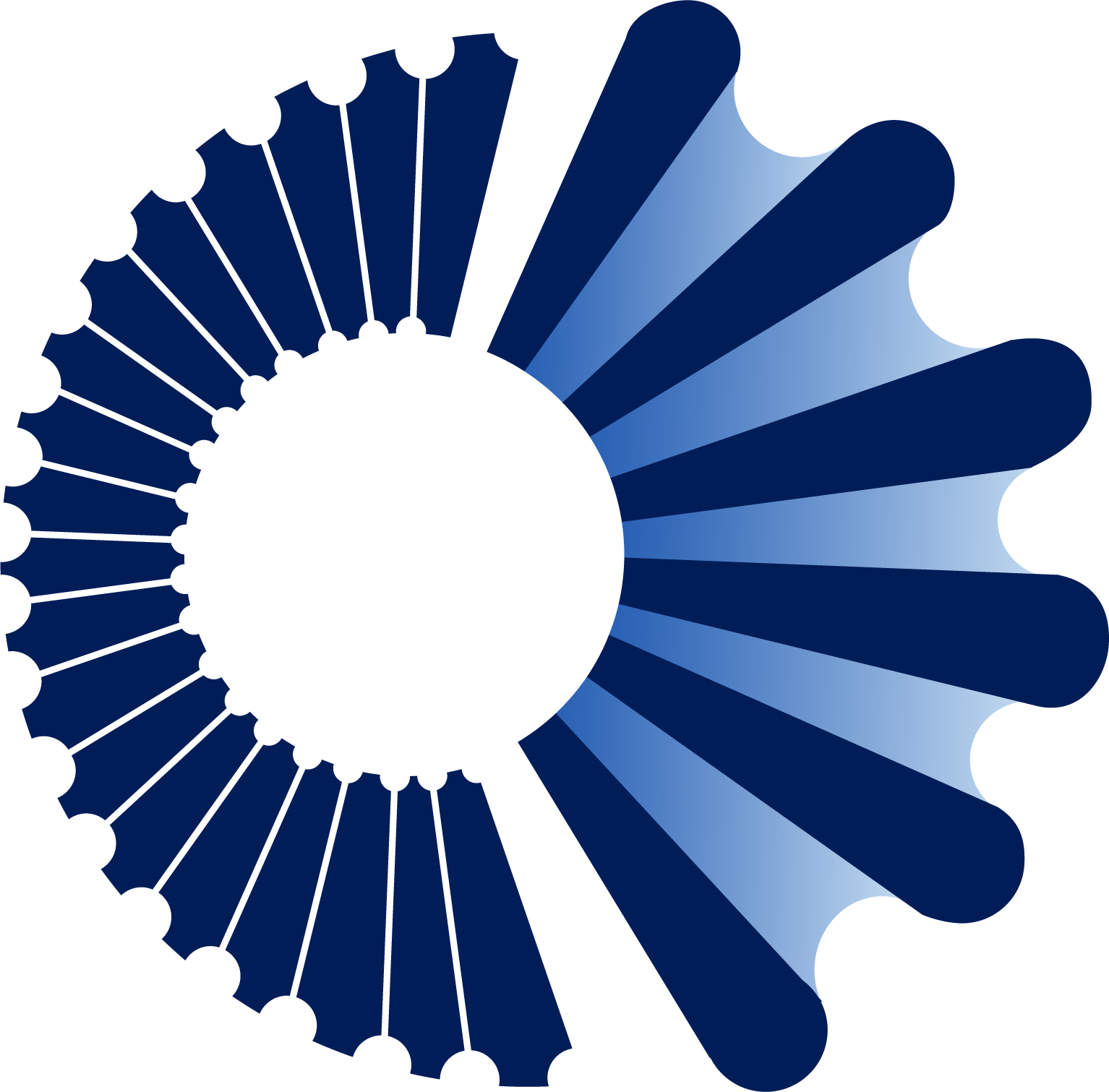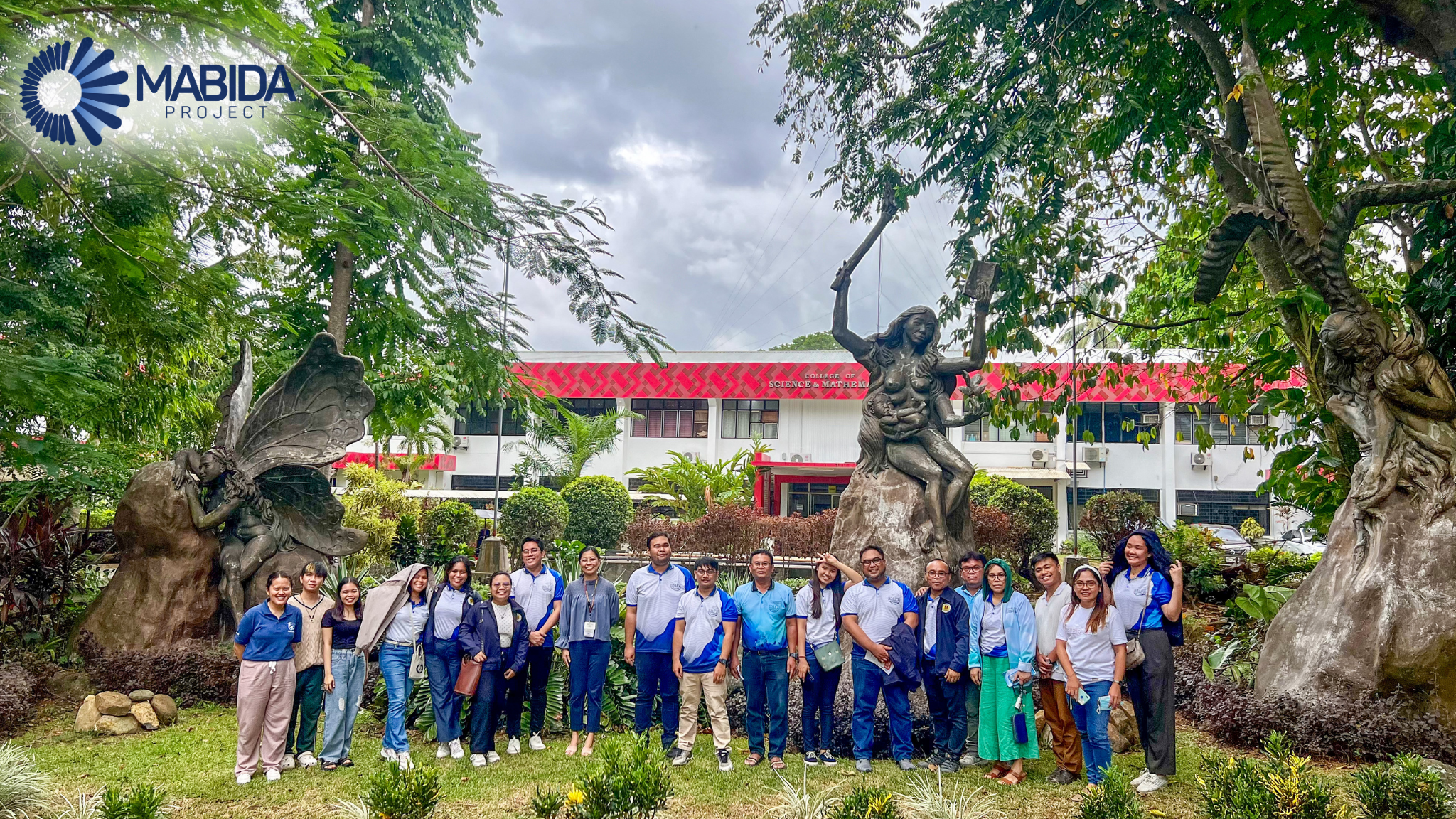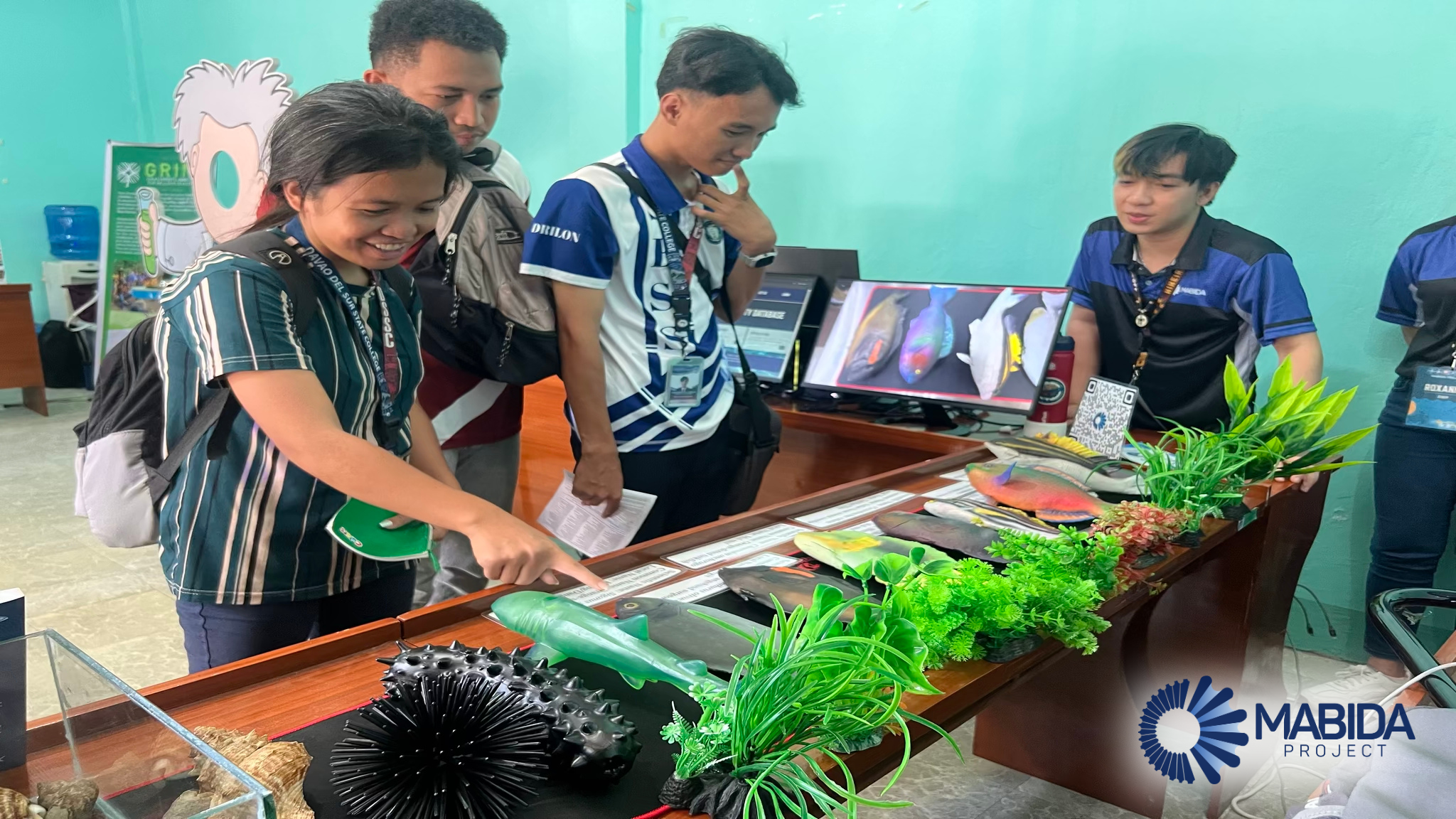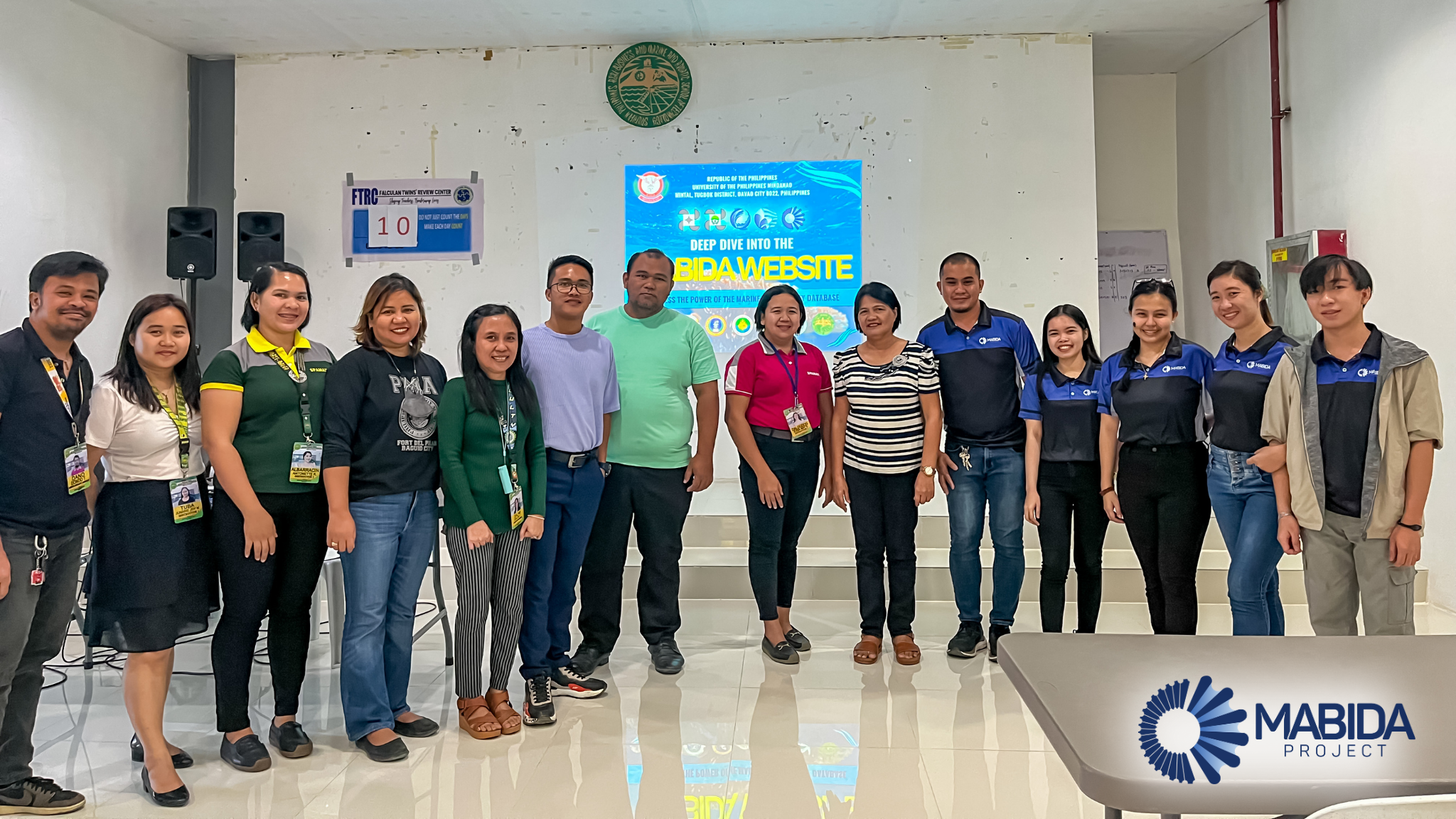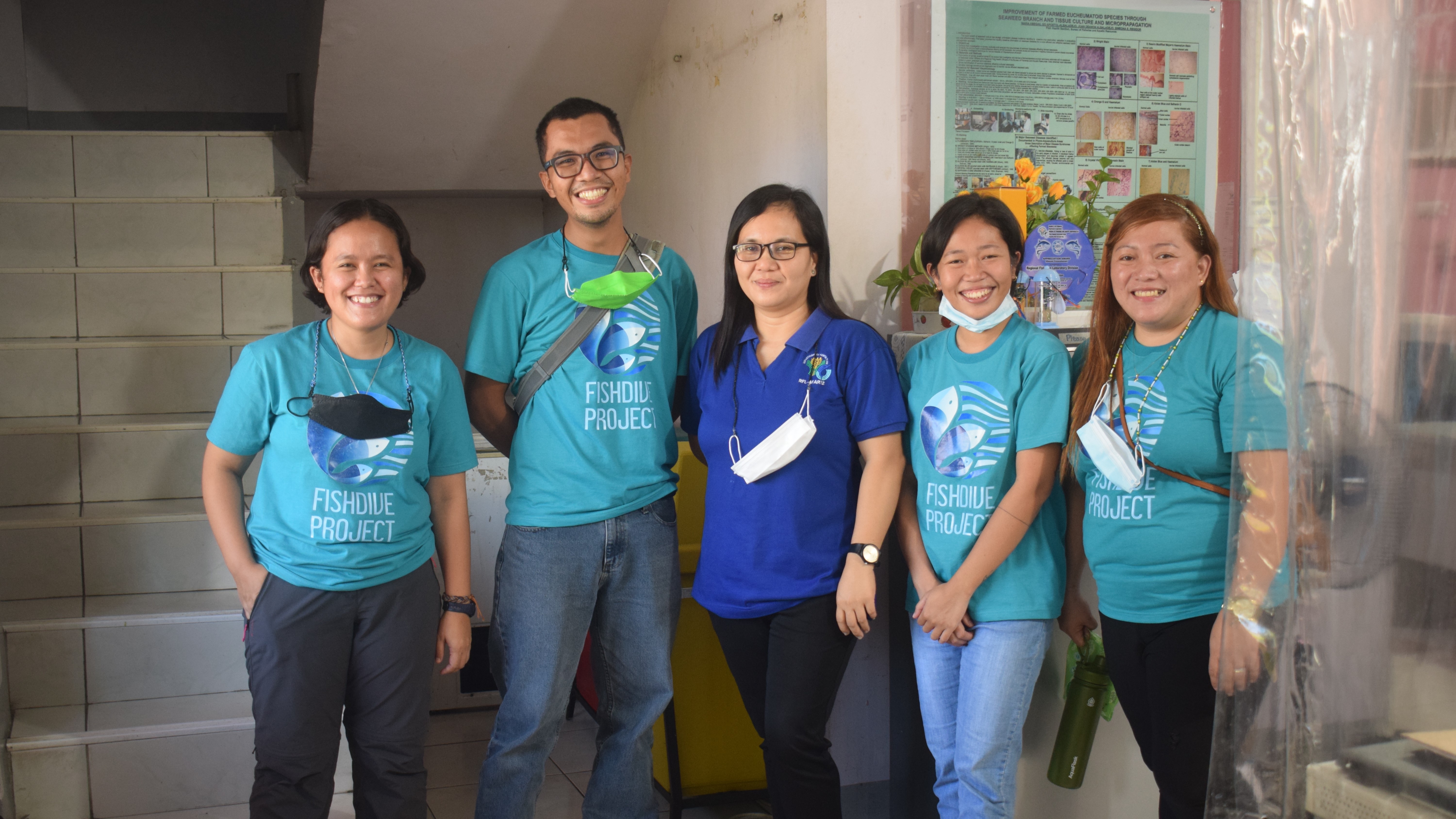
Photo taken by Joemarie Lanutan and Jose Amor Oño
FishDive Project Conducts Courtesy Visit to Regional BFAR Offices in Koronadal and General Santos
Written by Maybelle A. Fortaleza
Uploaded on Aug. 25, 2022
The research team of FishDive Project conducted a courtesy visit to the Bureau of Fisheries and Aquatic Resources Region XII Office in Koronadal City and in BFAR XII Regional Fisheries Laboratory in General Santos City to introduce and discuss the training and capacity building activities offered through the ABRAHAM-FishDive Project.
Fishing Regulations Officer II Paul Benedict Gepte welcomed the research team and expressed their interest in the training modules presented. The research team also visited the BFAR XII Regional Fisheries Laboratory in General Santos City where the lab facilities are stationed. Ma’am Eugene Gay Jamora, the Laboratory Manager of BFAR XII RFL received copies of the training modules and gave an overview of the facilities and services they currently offer. The BFAR XII RFL expressed their interest in conducting training on DNA barcoding, which the CRREST Laboratory has been offering since 2019.
Earlier this month, Dr. Cleto L. Nañola, Jr. and Assistant Regional Director Omar M. Sabal, RFT met at the 5th PAMB-SBPS Executive Committee Meeting where the latter expressed his interest in the same training modules presented to the Department of Environment and Natural Resources - Protected Area Management Office of the Sarangani Bay Protected Seascape (DENR-PAMO-SBPS).
The CRREST Laboratory through the #FishDiveProject is looking forward to working with the government agencies in Region 12 to contribute to the increase in scientific capability, particularly in the interest of supporting the implementation of the Fisheries Management Area 3.
